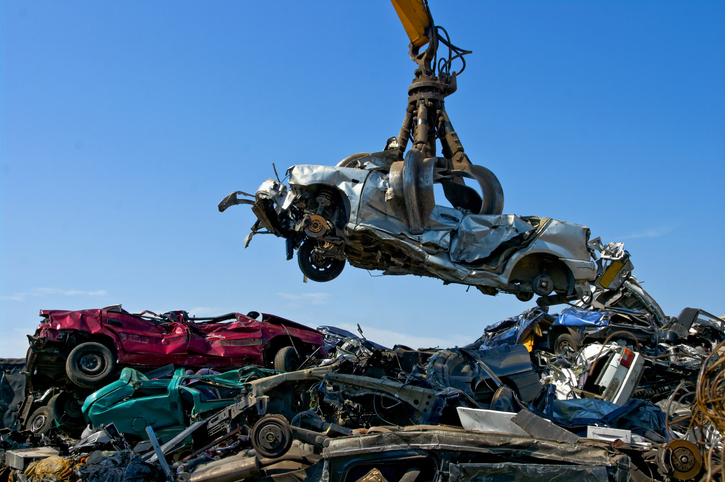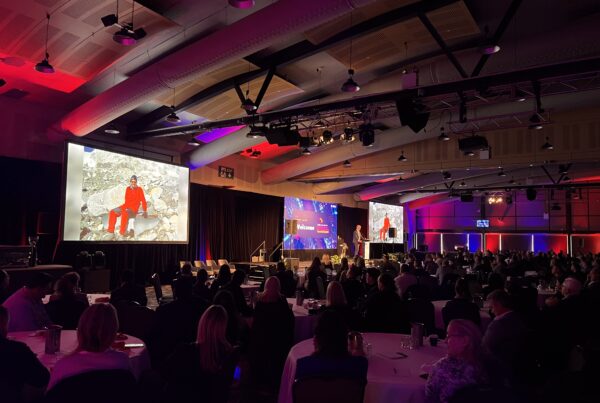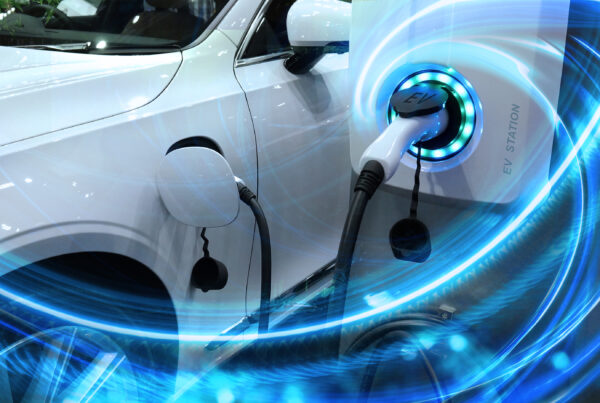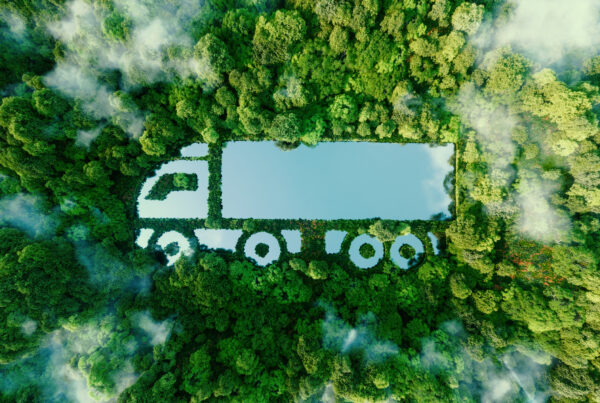A report from the Federal Chamber of Automotive Industries (FCAI) and the Motor Trades Association of Australia (MTAA) outlines a plan to improve car recycling in Australia. Called “The Outlook for End-of-Life Vehicles in Australia”, it identifies ways to boost end-of-life vehicle material recovery, prevent interstate leakage, and reduce landfill waste.
In a joint press release, the FCAI and the MTAA said around 850,000 vehicles in Australia become end-of-life each year. This generates about 1.36 million tonnes of waste. While we currently recycle about 70 per cent of this waste, significant amounts still go to landfills.
Challenges and New Proposals
The study highlighted some of the challenges facing the automotive recycling industry. Mainly, Australia’s vehicle recycling industry consists of small to medium-sized businesses focused on recovering usable parts and metals from old cars. However, many non-metal materials still end up in landfills because there aren’t enough viable processing options available.
The FCAI and MTAA’s report suggests several key steps to improve the situation:
- Standardised Recycling Facilities: Setting up authorised facilities with strict environmental and operational standards.
- Certificates of Destruction (COD): Using CODs to enhance vehicle tracking and boost recycling rates.
- National Consistency: Creating a unified approach to vehicle recycling across Australia that aligns with best practices while addressing local challenges.
According to the associations, the industry faces several challenges including a fragmented recycling sector, a diverse vehicle fleet, and insufficient processing options for non-metal materials. The absence of a domestic vehicle manufacturing base further complicates material reuse efforts.
Australia’s recycling and dismantling industry also lags behind leading global economies. While international schemes offer insights, no single global model fits Australia’s unique context without significant adaptation.
The Need for Industry Collaboration
FCAI Chief Executive Officer Tony Weber said there is a need for automotive businesses, recyclers, waste managers, and government officials to work together.
“This report shows us the way forward, but it will take a collective effort to make an end-of-life vehicle scheme a reality. With more vehicles reaching their end of life each year, it’s crucial that we start this process now,” he said.
Meanwhile, MTAA Chief Executive Officer Matt Hobbs pointed out that modernising Australia’s vehicle recycling processes is crucial.
“The study reveals the need for updating our vehicle dismantling and recycling practices. The proposed scheme could streamline operations and address the specific challenges we face,” he added.
The study included extensive research, with over 30 site visits, stakeholder meetings, and workshops in Sydney and Melbourne. Experts offered detailed insights into the current industry landscape, its capacity, global best practices, and regulatory environments.
This collaboration has set the stage for a potential product stewardship scheme to reduce waste, improve recovery rates, and tackle the specific challenges faced in Australia.
The full report can be downloaded here.
Did you find this article interesting? Click the ‘heart’ button above to give it a ‘like’!


















